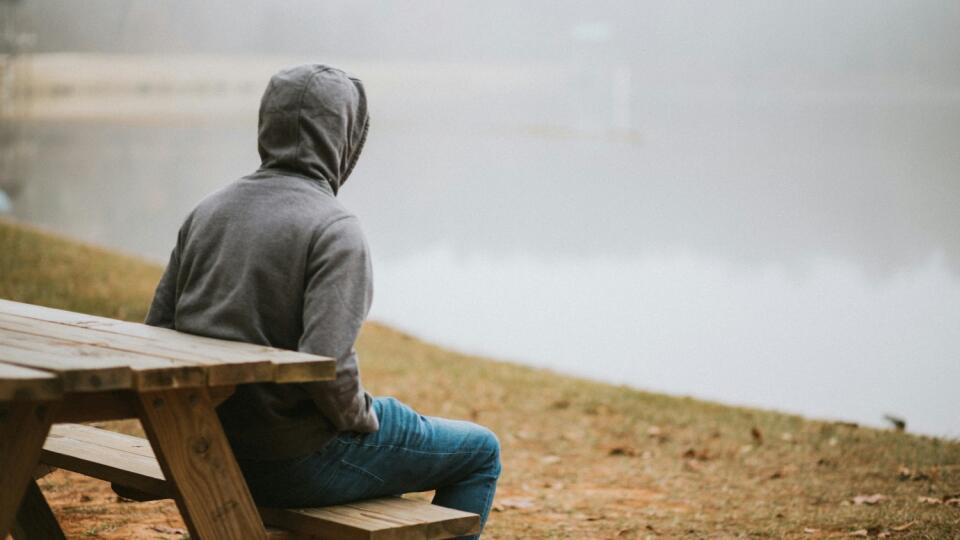More than 114,000 people from Ukraine have crossed borders to Slovakia as of last Saturday. Slovak people and businesses have shown nothing but support and solidarity with them.
To finance the process of helping refugees with the transition, the European Union has granted 500m euros to Slovakia. But according to Finance Minister Igor Matovič, the funds won’t suffice – the EU will have to send greater funding packages to front line countries like Slovakia and Poland, as the sum needed may climb up to 2bn euros.
Matovič warns that the war will swallow many planned state expenditures – valorisation, alleviating rising energy costs might be among them, and he doesn’t dismiss the option of raising taxes either.
Minister of Labour Milan Krajniak said that 5,000 Ukrainian refugees have applied for temporary protection status, which would allow them to apply for jobs here. Two thirds of the refugees are women, and the other third are predominantly boys and senior men.
The wave of refugees should boost the economies of European countries struggling with unfilled low-paid job positions. Slovakia might not benefit as much. The country is already losing Ukrainian nationals working here, as they go to fight for their country. And the incoming Ukrainians have as much of a chance to find work in Germany as here in Slovakia, and the wage difference tips the scales in Germany’s favour.
The Slovak tourism industry should not fear the ban on flights from Russia. Although more than 50,000 Russians visited Slovakia in 2019, they constituted only 1% of the overall number of visitors. Many of them came around Christmas and New Year to the Tatra Mountains. Slovakia gets most visitors from nearby EU countries, mainly the Czech Republic.
Waste collection reforms bring controversies
As the standard of living in Slovakia rises, so does the amount of waste we produce. Because most of the waste ends up in landfills, it’s obvious the system needs to change. This requires tens of millions of euros in investments, and companies need to deal with a lack of discussion and short deadlines.
While the pandemic didn’t increase the level of consumption, its nature has changed as people moved from shopping in person to online shopping. That means their consumption generates more unnecessary packaging, bringing Slovak consumers closer to the European average.
Next year will bring more changes when waste has to be treated before reaching a landfill. The aim of the treatment is to separate biological waste from the rest.
Separation of biological or kitchen waste was implemented last year. Bratislava and Košice got an extension until 2023. The reform should decrease the amount of waste in landfills, of which kitchen waste takes up almost half. It contributes to releasing emissions and pollution of surface and groundwater, soil, and air.
However, the reforms are full of controversies. Councils say they don’t save money and composting capacities are overflowing. On top of that, the containers for kitchen waste approved by the Ministry of Environment appear to be unsuitable for their function.
Check out TREND’s analysis of the top investments in waste management.
Slovak politicians facing legal action
Members of Parliament from OĽANO party Kristián Čekovský and Andrej Stančík have filed criminal complaint against the social media accounts of Ľuboš Blaha, Štefan Harabin and Martin Jakubec. According to the MPs, their social media statuses about the war in Ukraine may classify as treason, sabotage, spreading of alarmist messages, and threat to peace.
The police have accused Member of Parliament Marian Kotleba from ĽSNS party of incitement. The accusation relates to a video from last year, in which Kotleba called for participation in a protest blockade in the centre of Bratislava.
Other stories of the week
- President Zuzana Čaputová celebrated International Women’s Day by calling for increased material need assistance, introduction of housing benefits, support for women’s employment, and psychological help as some of the many ways to help Slovak women facing poverty.
- Small and medium hospitals have not received funding for bonuses for COVID-19 care this year. The Association of Hospitals of Slovakia (ANS) says they won’t be able to pay the bonuses in a week. The Ministry of Health says they are working to get the funding approved by the Ministry of Finance.
- The winners of the prestigious competition EY Entrepreneur of the Year 2021 are Branislav Cvik and Ľubomír Vančo from Banská Bystrica brewery. 15 years ago, they resurrected the Urpiner brand and factory and made it one of the most prized Slovak beers. You can see winners of all categories on TREND’s website.
- Slovakia has their own We’re Not Really Strangers game. Daniela Choma and Alexandra Hollá from Košice are behind the massive success of the game čLOVEčina. Inspired by the lack of interpersonal communication during the pandemic, this game makes you open up and have deep talks.
Thank you for reading.
See you next week.






